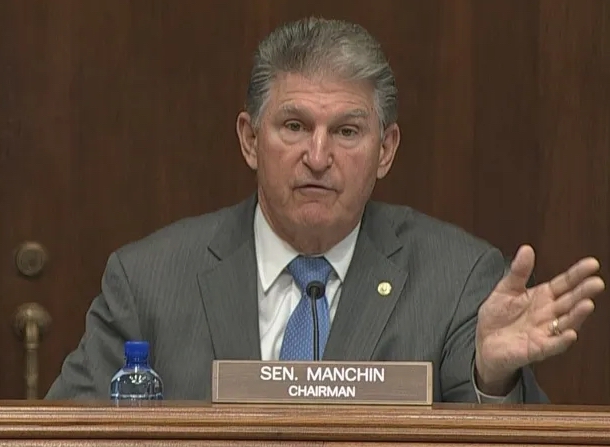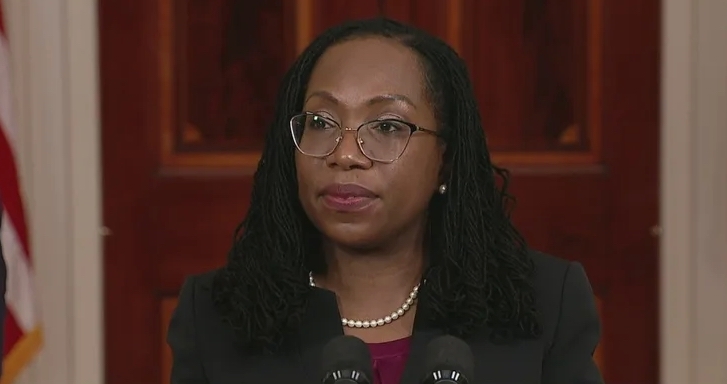Adam White writes at CNN.com about one of the most significant aspects of the latest U.S. Supreme Court confirmation hearing.
For decades, US Supreme Court confirmation hearings have taken center stage in American politics, and each hearing has created new norms for future Supreme Court nominees – both for better and worse.
Consider Justice Ruth Bader Ginsburg’s 1993 confirmation hearing, in which she said she could not and would not give answers that might prejudge cases likely to come before the court. Virtually all subsequent nominees, chosen by Democrats and Republicans, have used the “Ginsburg standard” to avoid answering questions on any number of hot-button issues.
This week, Judge Ketanji Brown Jackson may have set another standard in her description of her judicial methodology. By emphasizing the importance of constitutional text as a restraint on judicial discretion, Jackson sounded like conservative former Justice Antonin Scalia at times. “I am focusing on original public meaning because I’m constrained to interpret the text,” she told the Senate Judiciary Committee on Tuesday.
We are accustomed to hearing such lines from Republican presidents’ nominees, but going forward we can expect Democratic presidents’ nominees to be asked if they agree with Jackson’s text-centered standard for judicial restraint. And Jackson herself will likely be reminded of it from time to time, too. …
… In response, Jackson offered more Scalia-like descriptions of the importance of constitutional text as a limit on judges’ own preferences. “We have a foundational document that has text, and it has principles; it establishes freedoms and foundational important concepts that are intended to govern us,” she said in a response to Senate Judiciary Chairman Dick Durbin’s skeptical question about textualism. …
… Even though Republican Sen. Lindsey Graham of South Carolina cast doubt on her commitment to this approach, citing one case where Jackson departed from a statute’s text and her decision was overturned by the DC Circuit, the nominee’s broader statements in favor of judicial restraint were significant.


